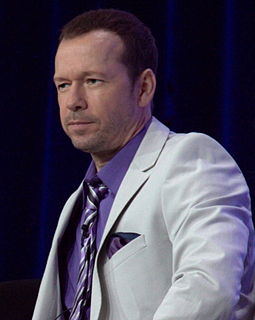A Quote by David Tennant
When you're playing a real person there's a balance between playing the person in the script and playing the person as he was in life. You have to be respectful and true to who that person was, but at the same time tell the story in the film.
Related Quotes
It's a daunting thing to be playing a real person and to have contact with her and meet her and be in her circle a little bit. It's an odd thing. There's so much responsibility to tell the story honestly and truthfully, and at the same time, you start to develop a friendship with this person - or I did.
When you're in the head of the character, you feel less self-conscious. If I was just being me, I would feel so exposed and be like, 'Why is there a huge camera in my face?' But, when you're believing in the person that you're playing, you feel protected. It's about being true to that person you're playing.
For me, it's very important if I do action movies and I have a stunt person, to work with them. Not only by memorizing the choreography but also it's important to study that individual and it's imperative for that individual to study you because you're not playing two different people, you're playing the same person.
If you're playing a fictional character, you can create a character, you can sort of take certain liberties. And when you're playing a real person who's actually standing there watching you, you know, it's - you do feel a weight. You know, you feel an obligation to not only be - to give the best performance that you can, but to make sure that you represent this person.


































